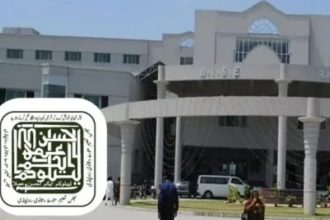Co-founder of Twitter, Jack Dorsey, said that the social media giant had faced threats of a shutdown in India, Nigeria, and Turkey unless it acquiesced to demands to limit certain accounts. He said India’s request aimed to reduce the platform’s use by journalists and protesters.
Dorsey stepped down from his position as Twitter’s CEO in 2021, after which the platform was acquired by billionaire Elon Musk in 2022.
Speaking to the YouTube news show Breaking Points, Dorsey pointed out that India, particularly, had made numerous demands during the farmers’ protest and against journalists who criticized the government. India’s farmers called off a year-long protest in late 2021 following successful negotiations regarding certain agricultural laws. These protests marked one of the largest challenges for the administration of Prime Minister Narendra Modi and his Bharatiya Janata Party (BJP).
Dorsey conveyed the gravity of the situation, stating that threats included shutting down Twitter, raiding the residences of its employees, and closing its offices if they did not comply. This, Dorsey noted, was happening in India, a democratic country.
However, the Indian government has countered these allegations by stating that it intends not to enforce online censorship but rather to control misinformation and content that could disrupt peace and security.
Dorsey also acknowledged similar governmental pressures from Turkey and Nigeria, which had previously imposed restrictions on the platform before eventually lifting them.
Dorsey explained that Turkey’s situation mirrored India’s, with numerous requests and threats to close the platform despite their successful legal battles. He also discussed the difficult situation in Nigeria, which deterred Twitter from deploying its staff due to fears of potential government actions.
2021 Nigeria suspended Twitter after the platform removed a post from then-President Muhammadu Buhari that threatened regional secessionists. The ban was lifted in early 2022 when Twitter conceded to open a local office and other arrangements with the Nigerian authorities.
These incidents have led advocacy groups to express concerns about human rights in India, Turkey, and Nigeria.






